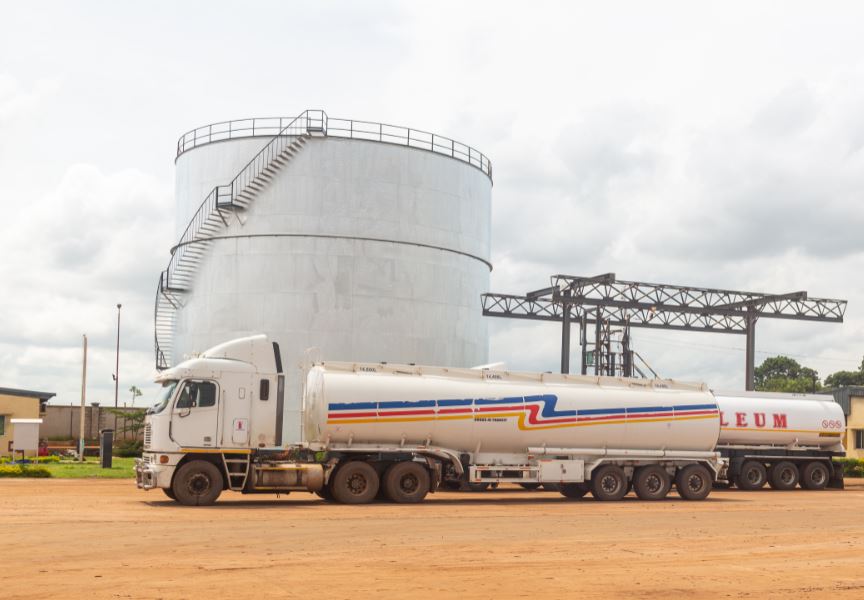By Iommie Chiwalo

The Centre for Democracy and Economic Development Initiatives (CDEDI) has expressed shock by indecisiveness of Tonse Alliance led Government by raising fuel pump price twice within a space of three months, signaling lack of economic eye.
The fuel price hike shocked Malawians since it is happening at a time when the economic wheels are turning at a snail’s pace due to the advent of the Covid-19 pandemic.
In a statement released March 12, 2021 CDEDI Executive Director, Sylvester Namiwa, says it is worth noting right at the onset, that any upward increase in fuel pump price means an outright increase in the prices for essential services and basic products including food, transport and rentals considering that fuel, which drives the country’s economy, is an imported commodity.
According to Namiwa, CDEDI has observed that there is an apparent lack of clear coordination between the Reserve Bank of Malawi (RBM) and MERA, since locally, fuel prices are affected by the exchange rate and the inflation.
“This can partly be attributed to the firing of the whole RBM Board of Directors by the current administration, leaving the RMB and MERA cluelessness on how the fuel price situation can be handled,” he observes
All have been discovered after CDEDI decided to take its time to try and investigate the root causes of these ever-increasing fuel prices, besides the two usual suspects; depreciation of the kwacha and changes in oil prices on the international markets.
Indicating traits of bad governance, CDEDI’s investigations have shown that President Dr. Lazarus Chakwera fired the whole Malawi Energy Regulatory Authority (MERA) Board, in total disregard of the institution’s act which says half of the board should always remain whenever there are any changes in board, in order to ensure continuity due to the institutional memory the board or directors have.
“This development created a vacuum in the authorization of the Price Stabilization Fund to cushion the losses that were incurred before the first fuel price adjustment in January 2021, a development that led to about 38 percent increase.
On levies, CDEDI, agrees with some of the contents contained in the Consumers Association of Malawi (CAMA) statement dated January 26, 2021 which attributed the high pump price in Malawi to levies.
“True, the current pump price contains seven levies, some of which, we believe, it is high time they were either revised or totally scrapped off in order to relieve the consumers of the burden they are shouldering,” CDEDI Chief elaborates.
Breaking it all down Namiwa highlighted that the seven levies include; MERA, Roads, Malawi Bureau of Standards (MBS), Rural Electrification, Price Stabilization, Storage, and MERA Complex construction levy.
“CDEDI’s investigations have shown that the construction of MERA complex in City Center, in Lilongwe is now completed. Therefore, there is no justification whatsoever to continue burdening the consumers with the K4.50 per litre of the 40-50 million litres Malawi uses per month the construction work that has already been completed,” Namiwa cautions.
Adding that CDEDI has further found out that the procurement of the fuel testing van at MERA meant the outright abolishment of the MBS levy, just like the way the maize levy was abolished.
“Why has the MBS levy been maintained?
As if this was not enough, CDEDI has noted with shock that consumers contribute billions of kwachas towards the construction and maintenance of public roads in the country through the Roads levy, and yet our roads still remain in very bad state. This raises a moral question that is it right to force motorists to dig deeper into their pockets when the roads are not maintained? Given the sorry state of our roads, where do these huge sums of money that are being collected everyday go,” he queries.
The organisation has also expressed shock on exorbitant contracts at the country’s strategic fuel reserve, NOCMA
CDEDI has since challenged President Chakwera to intervene in the power play game at National Oil Company of Malawi (NOCMA), which imports over 50 percent of the fuel into the country.
Sadly, CDEDI notes that such calls, however, have always landed on deaf ears; the development is slowly but surely affecting the negotiating power since the lack of trusted leadership is eroding supply confidence and at the same time affecting the intuition’s risk profile.
“It is against this background that CDEDI immediately demands the review of the fuel supply contracts NOCMA recently entered into. We are also challenging President Chakwera to immediately resolve the leadership crisis at the NOCMA, since any delay in doing so is catastrophic,” he said.
Namiwa has also put the record straight on the dangers of kickbacks and shortcuts that are taking place during contract negotiations between some government officials and the fuel suppliers saying are passed through to the consumer through the pump price, since the suppliers would always want to recover their money which they lost through palm oiling some government officials.
“MERA and NOCMA, therefore, should consider the plight of Malawians when negotiating fuel supply contracts,”

